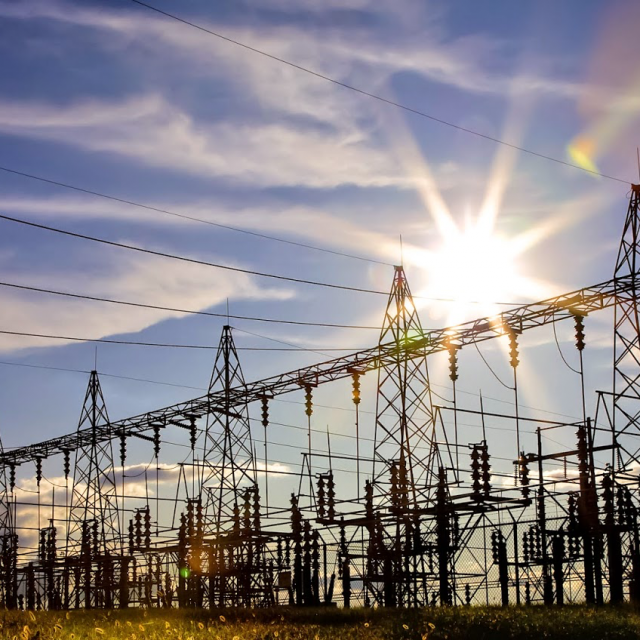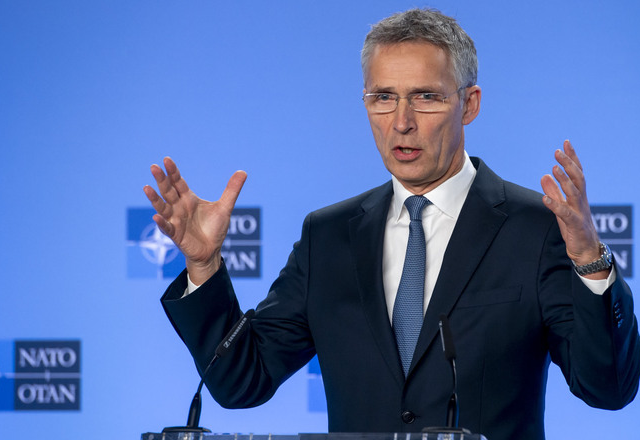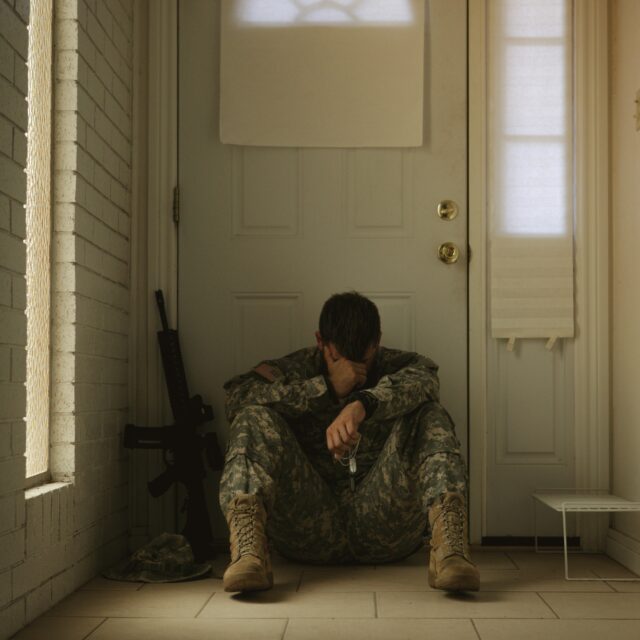Kassym-Jomart Tokayev has been inaugurated on 12th June as Kazakhstan’s new President, after the final results of Sunday’s elections showed an emphatic victory for him with over 70% of the votes. The nearest contender was former journalist Amirzhan Kossanov with just over 16 %, and the other 5 candidates trailed far behind. The elections received a mixed report from the OSCE election observation mission, who concluded that there is a need for genuine democratic consolidation and significant political, social and legal reforms in Kazakhstan.
Tokayev had already been predicted to win the poll by a landslide weeks before the election, but there were nevertheless still ugly scenes on the streets of Almaty and Nur-Sultan (Astana), as protests called by the fugitive oligarch Mukhtar Ablyazov during the elections and the following days led to hundreds of arrests. Mixed up in the arrests were a number of innocent genuine protestors campaigning for social change.
There was prior intelligence about Ablyazov’s planned illegal rallies, and the police were well-prepared to handle the situation from the standpoint of the law in a controlled strategic way. They were briefed in advance to use minimum force, despite being attacked by the protesters from behind with stones and missiles.
By comparison with this week’s spontaneous riots in Hong Kong, which have seen police firing rubber bullets and using tear gas against protesters, the Kazakh Police as a matter of deliberate policy did not use any technical means of suppression, (no tear gas, no water cannons, no batons, not even handcuffs).
The numbers of injuries following the riots bear witness to this as no protestors are reported as having received serious injury, or hospitalisation, but three police officers sustained injuries requiring hospital treatment.
The police “softly, softly” strategy was made possible because they had advance intelligence of the premeditated illegal protests, which were organised with a view to provoking disturbances and hostile reactions. But there were also some counter-accusations against the police of using strong arm tactics. The authorities have suspected the involvement of the fugitive criminal Ablyazov, who continues to use his considerable illicit fortune to work together with the rogue NGO the Open Dialogue Foundation “ODF” to seek revenge against the Kazakh authorities for his court convictions for murder, money laundering and fraud.
This Brussels based NGO has proven financial links to a number of extremely wealthy fugitives, mostly wanted for money laundering in Moldova, Ukraine, Russia and other countries. The ODF carries out lobbying activities on their behalf in the name of “human rights”, presenting them publicly as persecuted members of the political opposition.
Ablyazov is currently in exile in France and from there broadcast live-streamed videos on Facebook and YouTube urging citizens to protest. He is deeply frustrated by the banning of the political movement the Democratic Choice of Kazakhstan (DVK), which he funds and which was declared an extremist organisation in March 2017 by the Kazakh courts, for inciting social discord and making public calls for the seizure of power.
Some civilians did resort to violence, they attacked and tried to provoke police officers. The police repeatedly warned protestors that their actions were illegal and called on them to disperse. These calls were unheeded by protestors, but the police finally took action to apprehend and detain protestors when they came under attack by groups of well prepared and coordinated young men who threw missiles at the police from behind.
Whilst things are now quietening down, the General Prosecutor’s Office of Kazakhstan has warned citizens that the law enforcement bodies will continue to suppress illegal protests and take all necessary measures to stop demonstrations. “Law enforcement agencies will continue to prevent such violations and take measures provided for by law to prevent them,” a spokesman for the office said.
Two Kazakh human rights groups have urged the government to investigate the detentions of protesters. Kazakhstan’s Bureau for Human Rights and Rule of Law and the Human Rights Charter Foundation issued a joint statement protesting against “mass violations of civil rights and freedoms, namely freedom of expression and freedom of assembly.”
The National Committee for Public Confidence created by President Tokayev specifically to deal with political reforms, will meet in August, and will review the next steps in the reform programme. An important issue will be the promotion of independence of the media and the freedom of speech, and how to respect the need for this whilst dealing simultaneously with hostile anti-social propaganda campaigns organised by disruptive forces of political opposition. Incoming President Tokayev has many important tasks on his agenda to nurture Kazakhstan’s transition to democracy whilst keeping the economy strong, stable and dynamic.




